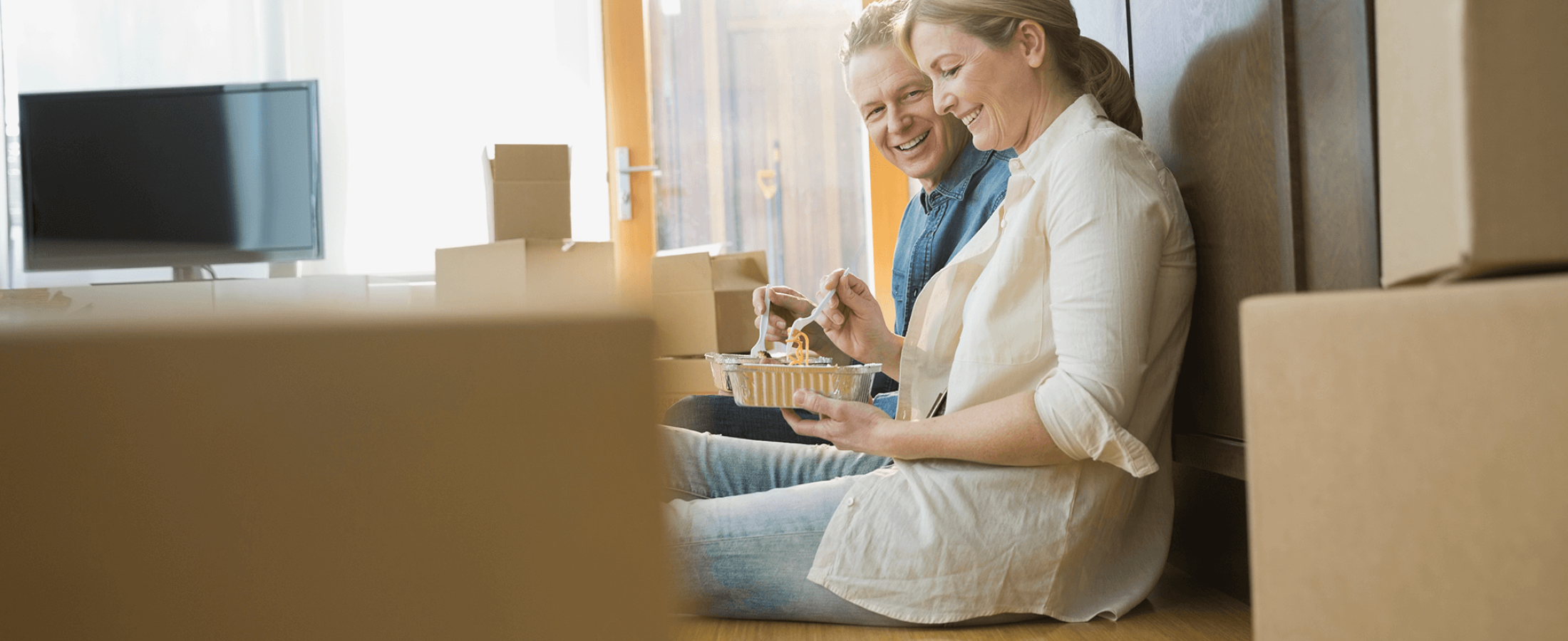
Should you rent or purchase when you downsize?
Downsizing can help retirees save money and energy they might otherwise waste on space they do not need. But in the process of downsizing, they must choose whether to rent or purchase their next home. What are the pros and cons?
Giving up ownership is difficult
It’s tough to go from owning a home to renting one. Rich Arzaga, CEO of Cornerstone Wealth Management, tells Kiplinger that owning real estate “is hardwired” into the American psyche, but that “ownership is more expensive than people imagine.” Ownership is such a deep-rooted concept among retirees that even after the 2008 financial crisis, the rate of homeownership for individuals 65 and up held steady at around 80 percent. However, putting emotional attachment to ownership aside, renting does have potentially significant benefits.
Advantages of renting
Even if you can afford to own, renting has advantages. Renting is a great, low-commitment option that gives you much more flexibility than owning if you have any uncertainty about staying in one place. If you want to follow your kids and they move out of the area, or you want to travel often, or you think you may want to move again for any other reason, renting can be immensely attractive. “First consider how long you expect to stay in your new place,” writes Susan B. Garland, contributing editor for Kiplinger’s Retirement Report. Because of real estate broker fees and closing costs, along with traditional expenses on household maintenance and appliances, the cost of owning can be significant.
Normally, those costs are offset by years of building equity, but that benefit is reduced later in life. “Renting may be the better choice if you’re not sure where you want to settle long term,” Garland says. When you rent, there are no sudden expenses such as for a new roof or furnace, as these things are handled by the landlord. No more worrying about mowing the lawn or fixing a broken sump pump. Compared to owning, it’s a more hassle-free experience.
Advantages of owning
If you’re merely looking to downsize and have no doubts about where you want to stay in the long term, owning can be a very appealing option, particularly if you’re attached to the lifestyle. You’ll still have to deal with all of the usual maintenance that comes with owning a home, but after downsizing, household chores may seem more than manageable. And the longer you expect to stay in one place, the more you can reasonably expect to build equity and get a return on your investment. “If the odds favor staying longer than 10 years, buying will probably pay unless you have good reason to expect a big investment return on the cash saved by renting,” says Jeff Brown, contributor for Yahoo! Finance.
There’s no definitive answer as to whether you should rent or own a home in retirement. It depends on your financial situation, lifestyle, personal goals, and other factors. For example, renting is a more predictable expense. Owning could be cheaper, but you may feel more comfortable knowing exactly how much is going in and out each month. To help you decide, talk with a CFP at your local financial institution who can help you make the best decision based on your financial health.
The information in this article was obtained from various sources not associated with Adirondack Bank. While we believe it to be reliable and accurate, we do not warrant the accuracy or reliability of the information. Adirondack Bank is not responsible for, and does not endorse or approve, either implicitly or explicitly, the information provided or the content of any third-party sites that might be hyperlinked from this page. The information is not intended to replace manuals, instructions or information provided by a manufacturer or the advice of a qualified professional, or to affect coverage under any applicable insurance policy. These suggestions are not a complete list of every loss control measure. Adirondack Bank makes no guarantees of results from use of this information.
Source: IMakeNews, Inc.

